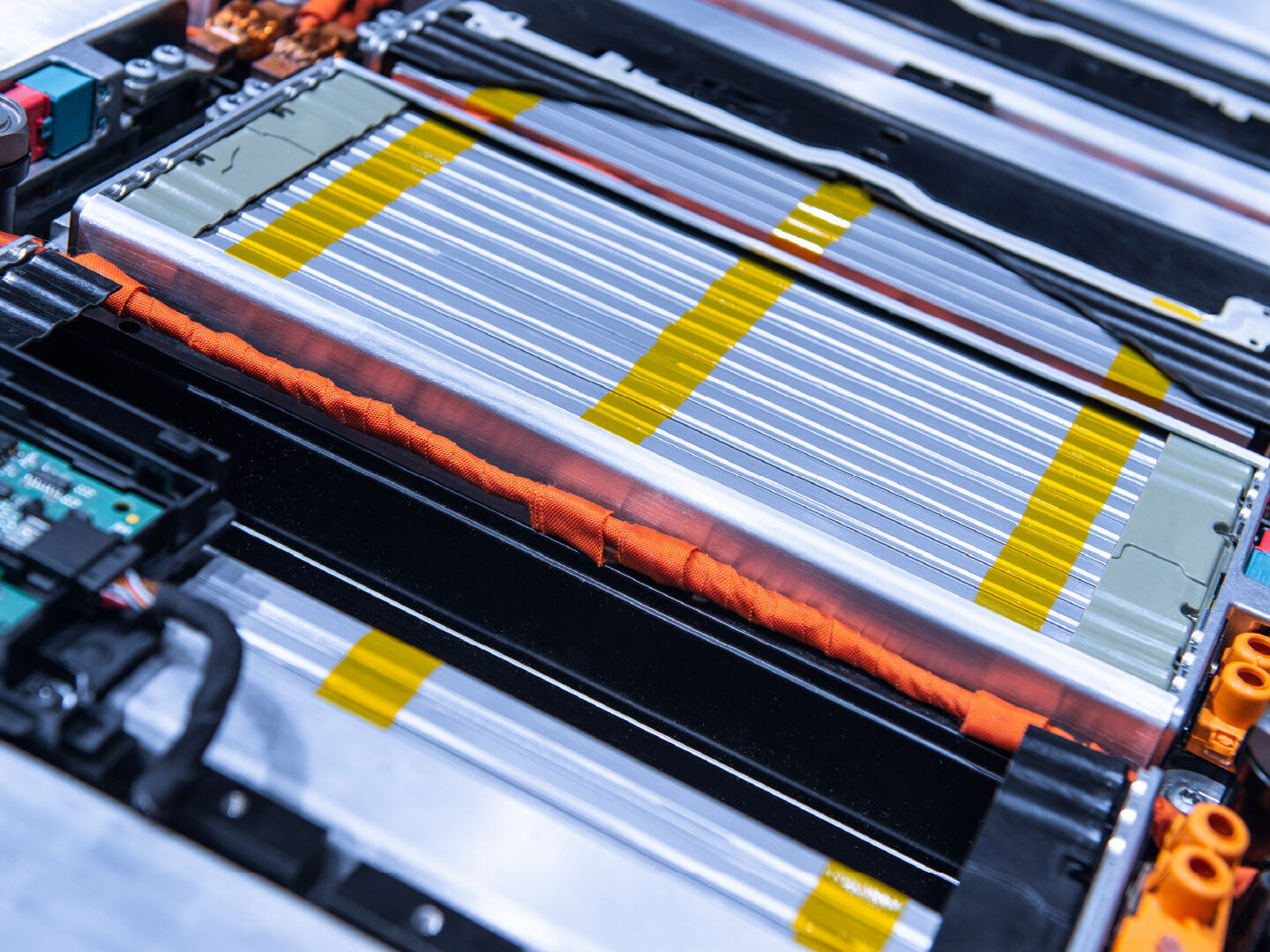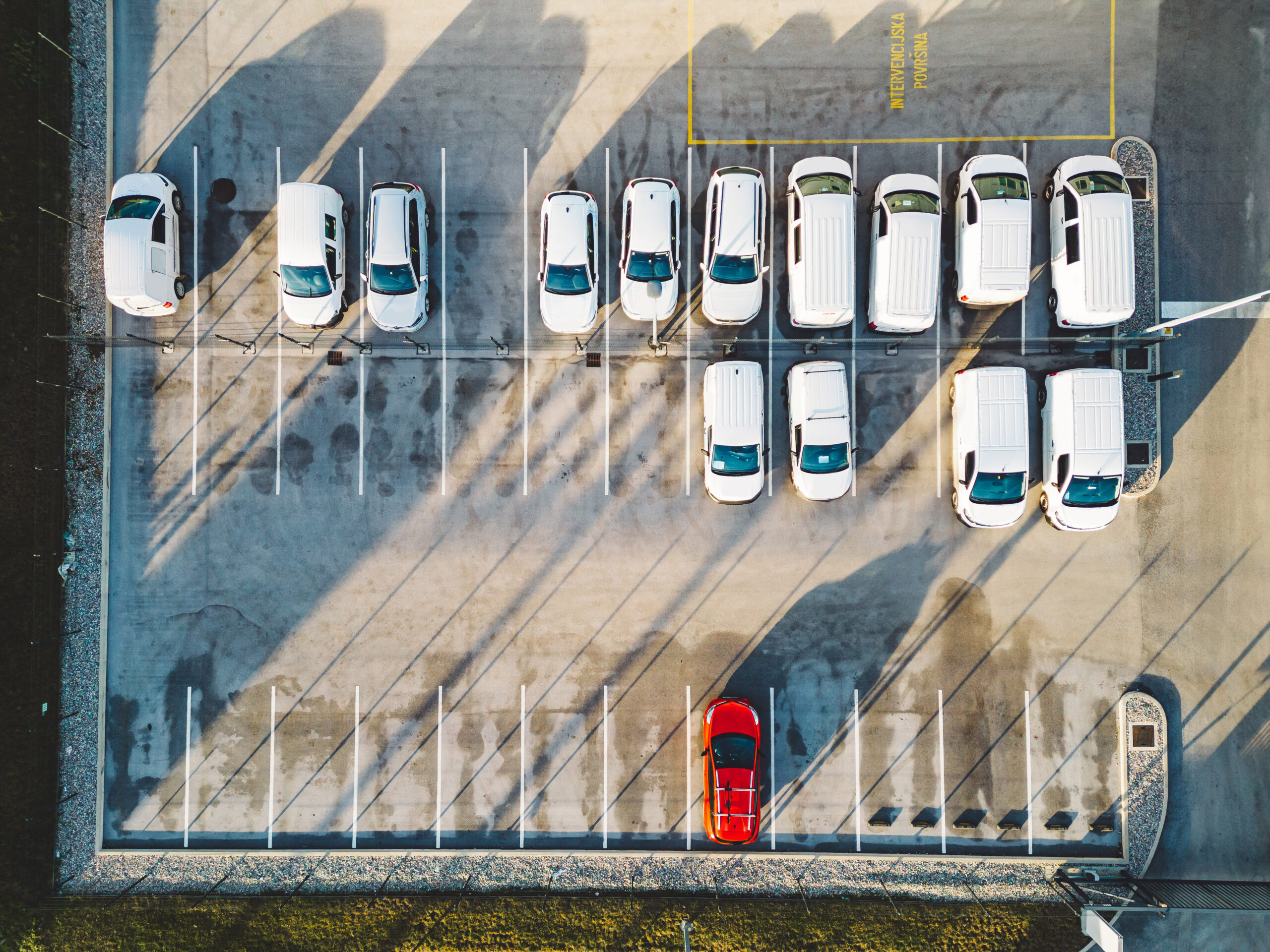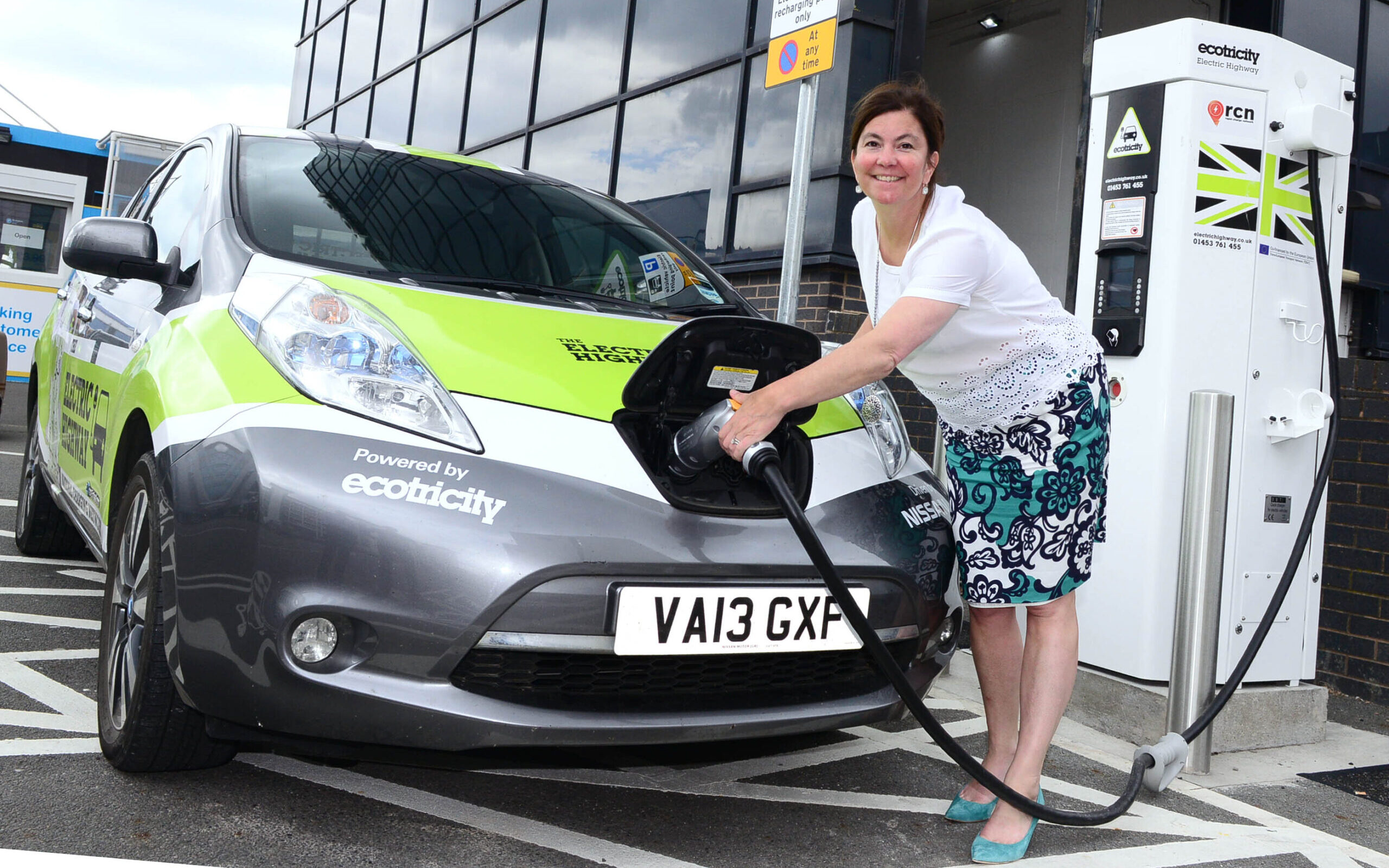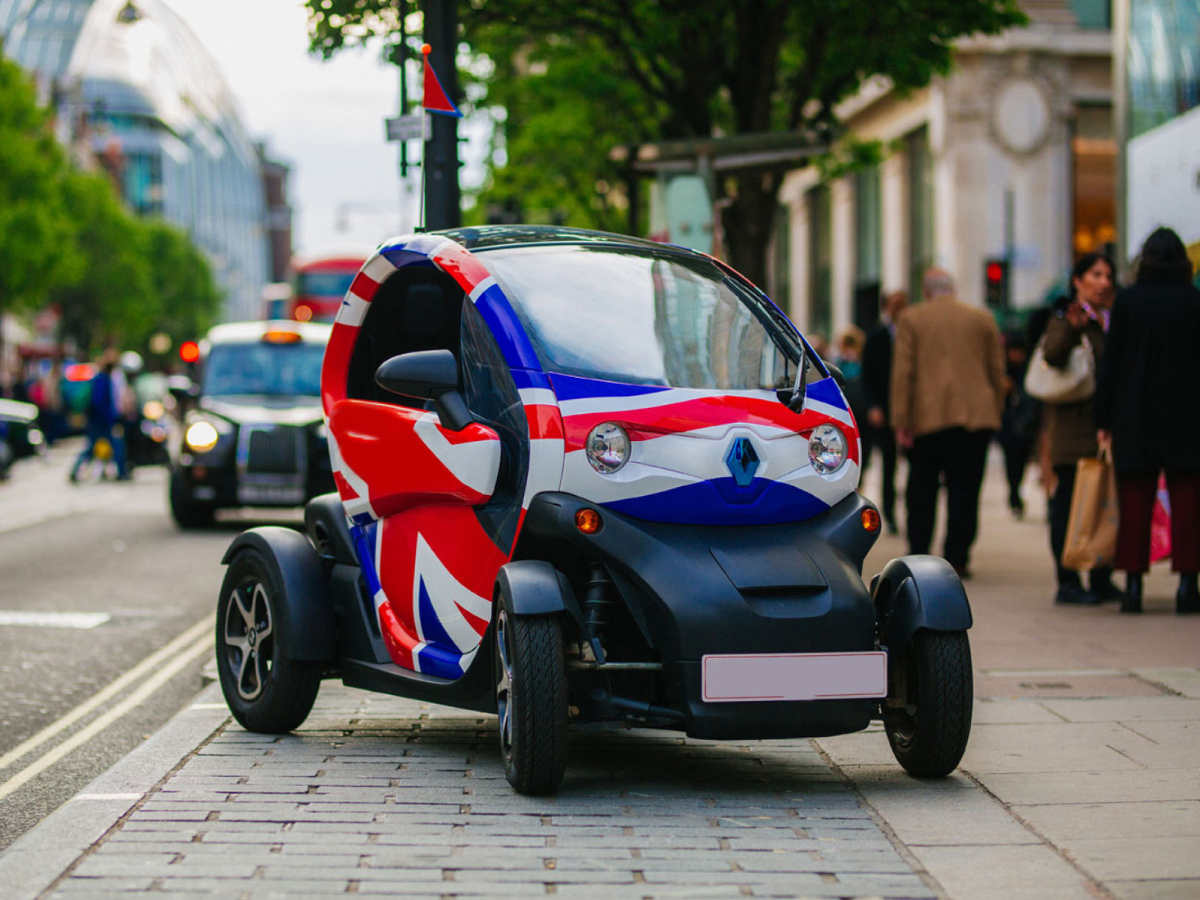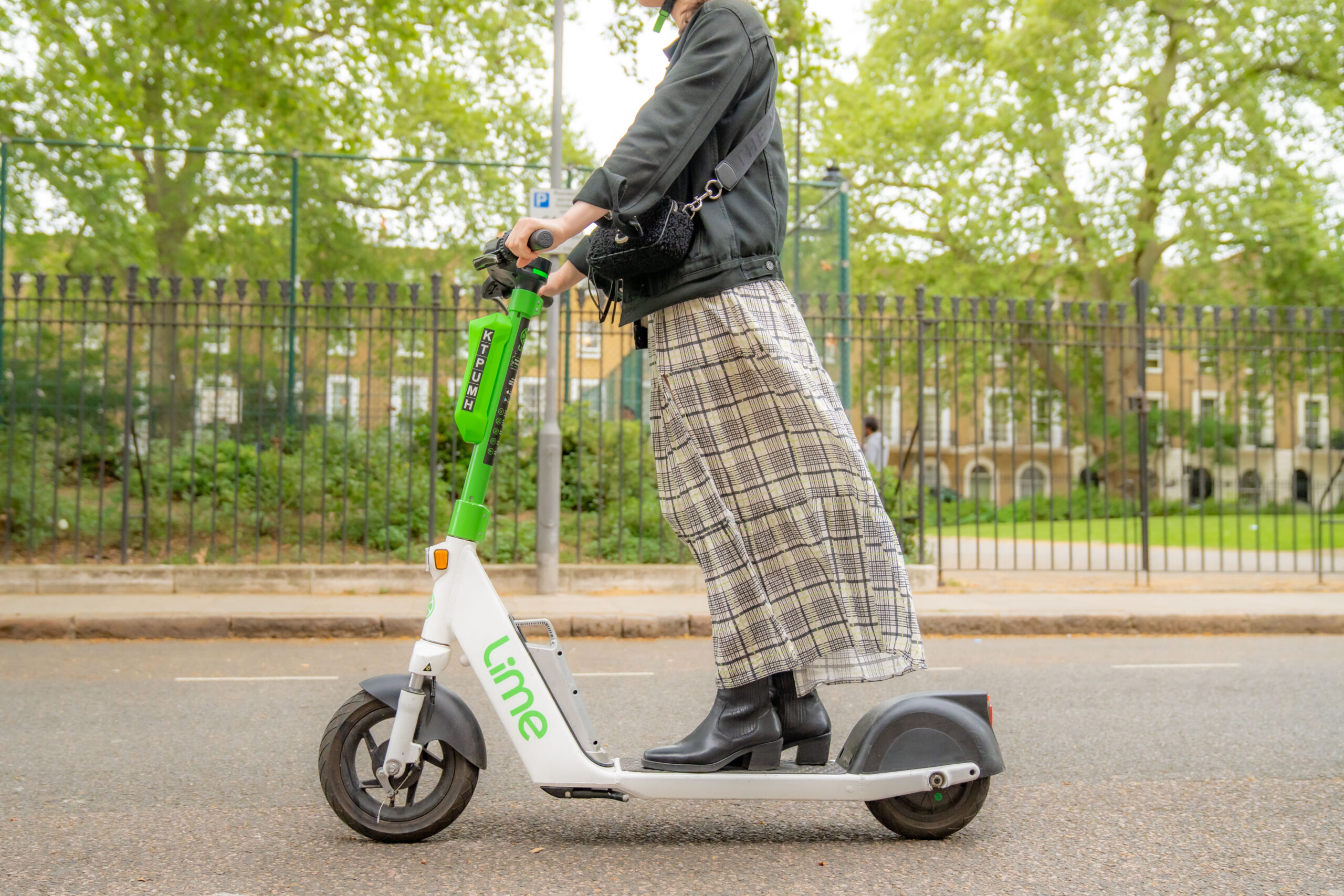Geotab Study Shows Nearly 6 in 10 Analysed European Light-Duty Fleet Vehicles Could Save Nearly £218 Million by Going Electric Today
- New European Geotab Study Quantifies the Financial Savings and Sustainability Impact Fleets Can Benefit From by Switching to Electric Vehicles
- UK leads in range capable vehicles but lags in economic suitability
Geotab Inc., a global leader in IoT and connected transportation, today announced the results from a new research study, which found 60% of analysed light-duty European fleet vehicles could be switched to fully electric vehicles (EVs) today at a lower total cost of ownership to save a total of nearly £218 million over a seven year service life.
The United Kingdom market specifically—despite its aggressive ban on the sale of new Internal Combustion Engine (ICE) car sales in 2030 ahead of the EU in 2035—is lagging behind the rest of Europe in EV economic suitability.
Launched ahead of World EV Day on 29th September, the findings come from Geotab’s Electric Vehicle Suitability Assessment tool (EVSA), which analysed the de-identified driving patterns of 46,000 connected internal combustion engine (ICE) vehicles from 17 countries, including France, Germany, Spain, Italy, and the UK.
The study, Profitable Sustainability: The Potential of European Fleet Electrification, reviewed the operational cost and environmental impact of traditional petrol and diesel light commercial vehicles (including passenger vehicles, SUVs, minivans and light-commercial vans) and compared them with their battery electric counterparts. By using real-world electric vehicle performance data, Geotab has provided compelling evidence around the return on investment (ROI) and the positive sustainability impact of switching to EVs today.
According to the data, fleet managers can expect to see average savings of £7,960 per vehicle over a seven-year period even without factoring in savings from government incentives, like initial purchase price discounts. Looking at the sustainability impact of going electric, the saving per vehicle equates to cutting an average of more than five tonnes of tailpipe carbon emissions per vehicle. In aggregate across all analysed vehicles, that is the equivalent to carbon sequestered by 2.6 million tree seedlings grown for 10 years.
The report shows that government incentives could be vital in enabling companies to make a cost effective switch to EV technology. Government incentives vary widely from country to country – and 10 members of the EU don’t provide any cash incentives at all, with the UK scrapping its plug-in car grant (PICG) entirely earlier this year.
When it comes to how organisations could be using current EV models within their fleets, the research revealed:
- Across the European countries in our analysis, 86% of fleet range needs can be satisfied by an EV for 98% of the time. This indicates that range anxiety, a long-standing counterpoint against EV adoption, is far less of a concern for the majority of today’s light-commercial fleet applications
- With a sample incentive of £5,442 the cost effectiveness of an electric vehicle increases by 9 percentage points
Specifically in the UK:
- The UK has the highest share of EVs with a high range capability of 89%, followed by Spain (86%), Netherlands (85%), Italy (77%), Germany (76%) and France (63%). However, it also has the lowest economical viability, with 34% of vehicles range capable but not economical; an increase following the cessation of the PICG.
- When looking specifically at cost effectiveness, the UK was outpaced by Continental Europe. Some 71% of EV matches in Italy were found to be both range capable and economical, while Spain (70%) and Germany (69%) boast similar numbers. In the UK, that number is only 55%.
David Savage, Vice President, UK & Ireland, said:The launch of this research illustrates the clear potential and ROI for transitioning to electric vehicles, helping fleets to achieve their sustainability objectives. However, it also demonstrates—particularly in the case of the UK—the importance of adequate government incentives to accelerate EV adoption at scale. The UK has been aggressive in its announced cessation of ICE-based vehicle sales by 2030, however its termination of the plug-in car grant earlier this year has demonstrably stifled the economic viability of this transition, according to this research.
Klaus Böckers, Vice President, Nordics, Central & Eastern Europe, Geotab, said:The ability of today’s EVs to meet European fleets’ needs is encouraging. Fleet electrification is a gradual process and this study highlights that companies should recognise that profits and sustainability go hand in hand. Sustainability is becoming an important part of every company’s mission, and transportation is an important component of that mix. In fact, it’s a great time to start piloting smaller EV deployments before scaling.
“The ability of today’s EVs to meet European fleets’ needs is encouraging,” says Klaus Böckers, Vice President, Nordics, Central & Eastern Europe, Geotab. “Fleet electrification is a gradual process and this study highlights that companies should recognise that profits and sustainability go hand in hand. Sustainability is becoming an important part of every company’s mission, and transportation is an important component of that mix. In fact, it’s a great time to start piloting smaller EV deployments before scaling.
Telematics data will be critical, no matter where organisations are in their EV adoption stage, because it will help them operate their entire fleet in more efficient and sustainable ways.”
Users can take advantage of Geotab’s EVSA, which leverages organisations’ existing driving profiles and Geotab’s unique level of insight into fleet behaviour to answer key questions for businesses considering electrification.
Through analysing driving behaviour, the EVSA identifies which existing vehicles are a good fit for electrification, suggests suitable EV replacement models and quantifies how much the organisation can save in both cost and potential carbon emission reduction.
Methodology
Geotab’s study leveraged the EVSA for an aggregate, de-identified analysis of fleet vehicle driving patterns from December 30, 2020 to December, 30 2021 in 17 European countries. The study assumed replacement vehicles were purchased, not leased, and in service for 7 years. Using real-world EV performance data, the EVSA identifies those fleet vehicles where an available battery EV could satisfy its daily range needs and result in a total cost of ownership equal to or lower than that of a comparable new ICE replacement. Total cost of ownership is composed of the local cost of procurement and maintenance as well as the local, November 2021 fuel and energy costs. Capital cost of infrastructure was not included. Emissions calculations are based on the emissions factor of 2.29 kg of CO2 per litre of petrol. Individual country breakdowns were only provided for countries where vehicle numbers in the analysis exceeded 900 vehicles.
Data insights produced in this report undergo Geotab’s aggregation and de-identification policy including but not limited to thresholds on data analysed, time frames and customer balancing.
To compare the aggregate reduction of 156,377 metric tonnes of CO2 across all vehicles to the equivalent amount of carbon sequestered by tree seedlings is based on the U.S. EPA online calculator located here.
NB: Currency calculations based on August 2022 exchange rates. Any variance to the published report is due to currency fluctuations since May 2022.
This article was originally published by Geotab Inc..






